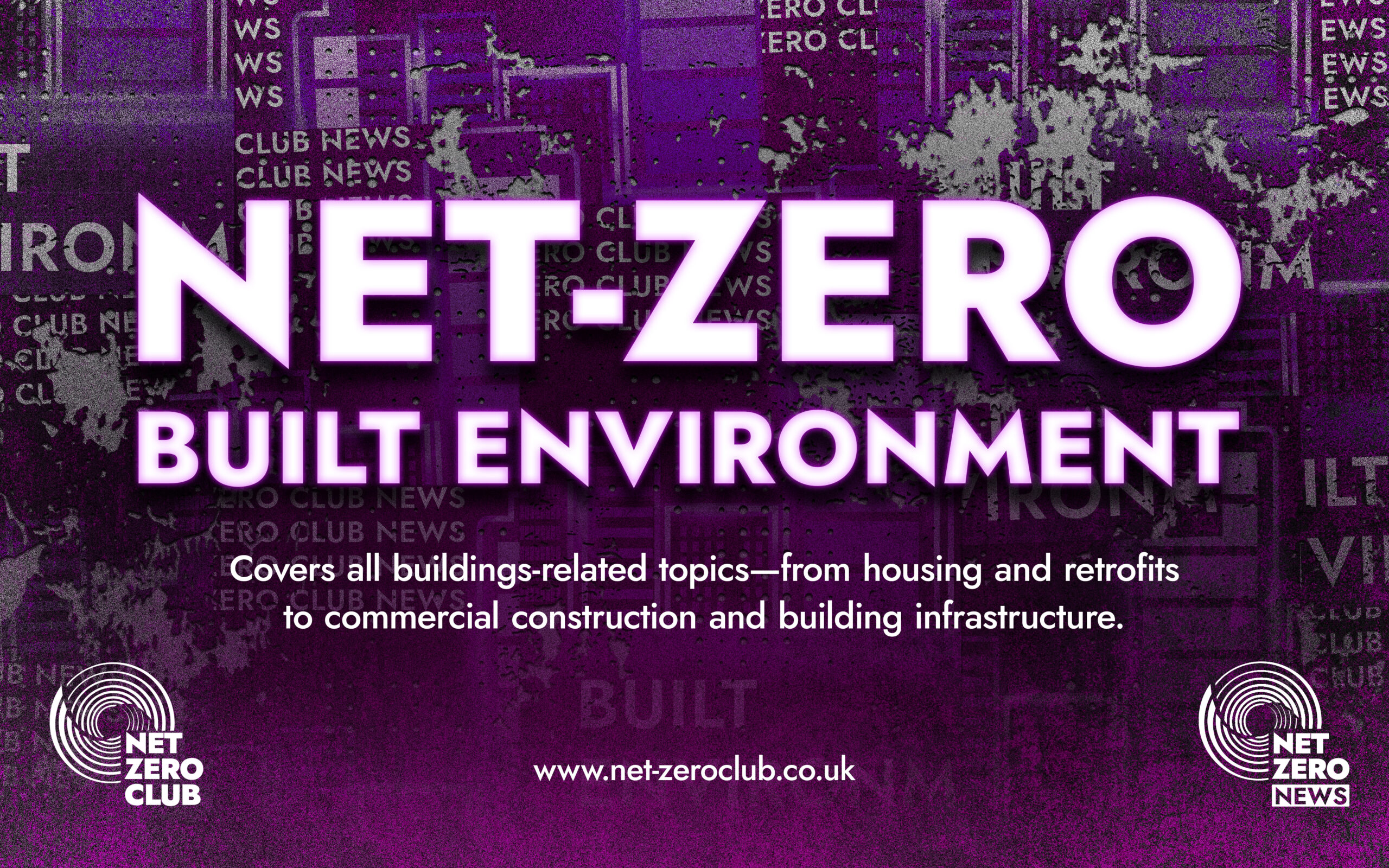Countries Reject ‘Unacceptable’ Draft Plastic Treaty Text

Hello, Champions of Net Zero!
In a significant turn of events, the European Union and numerous nations have expressed their deep dissatisfaction with the latest draft of a treaty aimed at combatting plastic pollution. This proposed text has been described as inadequate and overly accommodating to oil producers, raising concerns about its effectiveness in addressing the escalating crisis of plastic waste.
The urgency of this issue can’t be overstated. Currently, approximately 10 million tonnes of plastic waste enter the oceans each year. The upcoming treaty is intended to be the world’s first legally binding agreement designed to “end plastic pollution.” However, the latest draft has been met with fierce criticism, as it notably omits any provisions aimed at curbing plastic production and weakens previous proposals aimed at banning certain plastic items and regulating harmful chemicals.
Denmark’s Environment Minister, Magnus Heunicke, speaking on behalf of the EU, declared that the proposed text is “not acceptable.” He emphasised, “It does not meet the minimum that is needed to respond to the urgency of the challenges before us and the responsibility for a modern economy and public health we all bear.”
Negotiations in Crisis
This latest round of negotiations, taking place at the Palace of Nations in Geneva, is seen as a last-ditch effort to establish a treaty that would effectively combat plastic pollution. Following a previous round of talks that ended without agreement in December, there is a palpable tension in the air as nations gather to reach a consensus.
EU Environment Commissioner Jessika Roswall reiterated the EU’s position, stating, “While it is important that negotiations enter into a new stage, the text on the table is not acceptable for the EU. We will continue to work with all sides towards an impactful treaty.”
A Battle Against Influential Interests
Many countries and civil society groups are alarmed by what they interpret as a capitulation to a coalition of oil-producing nations. These countries have consistently resisted any efforts to limit plastic production since the negotiations began in 2022. The Colombian representative, Haendel Sebastian Rodriguez, articulated the frustrations of many when he declared, “We regret to inform you that as far as Colombia is concerned, the proposed draft text is entirely unacceptable and we cannot accept it as a basis for negotiation.” His remarks were met with enthusiastic applause, signalling a growing consensus among nations including the United Kingdom, Canada, Chile, Panama, Kenya, and Fiji.
The Panamanian representative, Juan Carlos Monterrey, echoed this sentiment, stating, “We cannot take this text as the basis of negotiations. Our red lines and red lines of the majority of countries represented in this room were not only stomped, they were spat on and they were burned.”
Concerns Over Consensus
The chair of the talks, Ecuadorian diplomat Luis Vayas Valdivieso, defended the draft, claiming it reflects a “balanced outcome” that considers the diverse needs and interests of the participating states. However, many representatives have voiced their concerns that the push for consensus is stifling ambition and progress. Mathilde Crêpy, head of environmental transparency for the Environmental Coalition on Standards, expressed that “consensus is killing this treaty,” suggesting that a few countries are able to block necessary advancements.
Despite the frustrations, there remains hope that nations can come together to adopt the treaty by consensus rather than resorting to a vote. Yet, French Ecological Transition Minister Agnès Pannier-Runacher hinted at a willingness to shift to a voting process if necessary, indicating that patience is wearing thin as the deadline looms.
The Implications of Inaction
The stakes could not be higher. If this treaty fails to materialise or falls short of ambitious goals, the consequences for global plastic pollution could be dire. Each year, the world continues to grapple with the repercussions of plastic waste, which not only devastates marine ecosystems but also poses significant threats to human health and safety.
The ongoing negotiations serve as a critical juncture in the global fight against plastic pollution. As countries strive to establish a united front against this pressing issue, the need for a robust and effective treaty has never been more apparent. The world is watching closely, and the outcome of these talks will shape the future of environmental policy and sustainability efforts.
As we navigate through this complex landscape, it is crucial that we remain vigilant in our advocacy for a treaty that genuinely addresses the urgent challenges posed by plastic pollution. The voices of the global community must be heard, and the interests of powerful industries should not overshadow the imperative of protecting our planet and its inhabitants.
In conclusion, the ongoing discussions in Geneva represent not just a negotiation for a treaty but a pivotal moment in our collective responsibility to ensure a sustainable future. The path forward requires courage, collaboration, and an unwavering commitment to prioritising the health of our planet over vested interests. The world awaits the outcome, and we can only hope that the voices advocating for meaningful change will triumph in the days to come.

 Got net-zero news, project updates, or product launches to share?
Got net-zero news, project updates, or product launches to share? 
